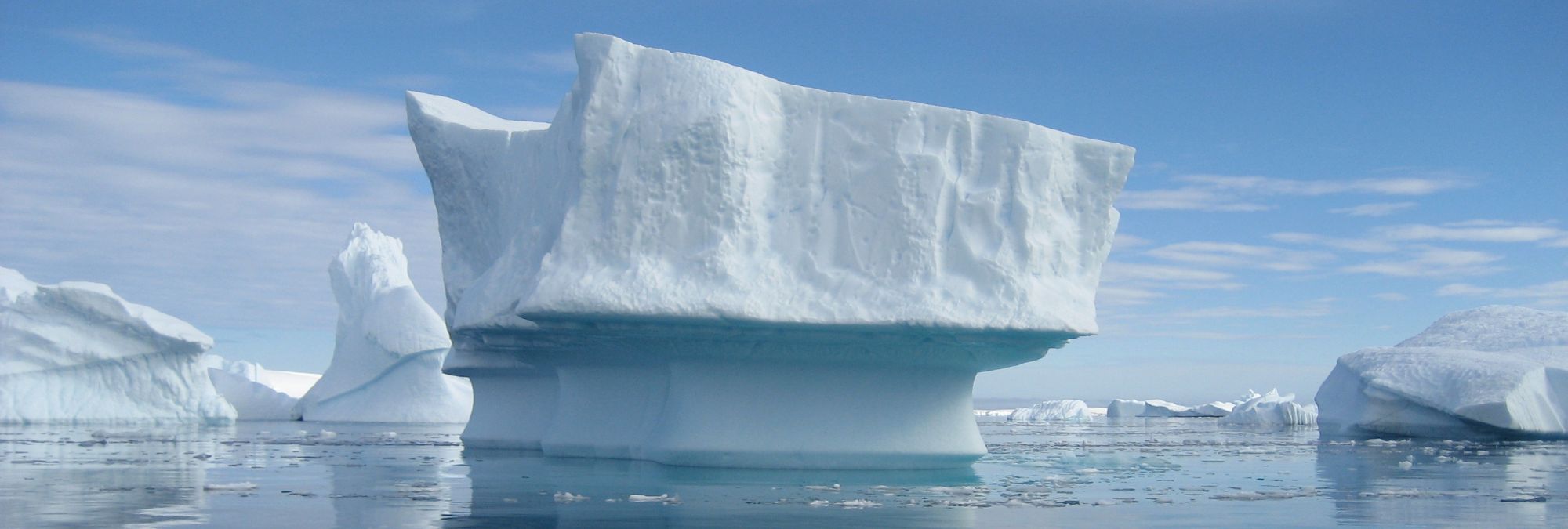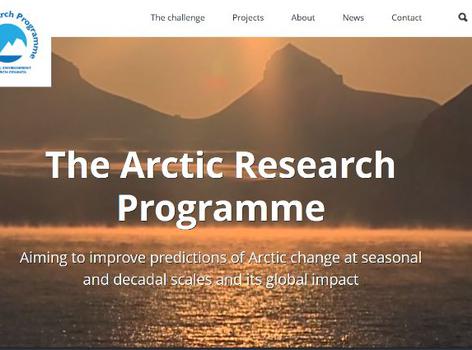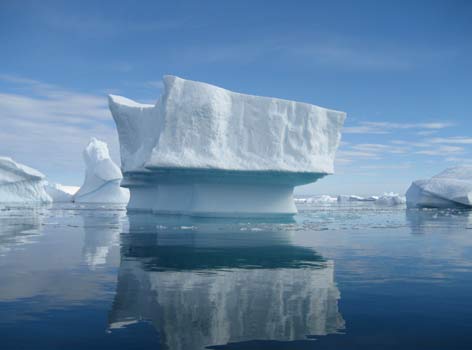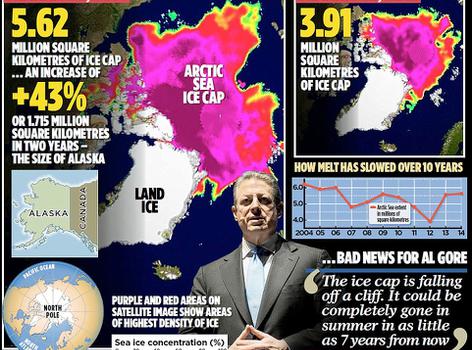Arctic Predictability and Prediction on Seasonal to Inter-annual Timescales (APPOSITE)
To what extent is it possible to predict changes in the Arctic environment, and how is this best done? Predicting the Arctic environment in the short and medium term would be useful to numerous groups of people, including local policymakers, indigenous populations and decisionmakers around the world trying to understand the impact of changes in the Arctic on their regions. Given the significant effects of high-latitude climate on mid- and lower latitudes, the ability to make confident predictions of developments in the high North is highly desirable.
But how attainable is this goal? A wide range of observation systems are needed to monitor Arctic climate, and sophisticated modelling work is required to process this information and extract useful predictions. Before committing to such a costly and complex programme, APPOSITE aims to investigate how feasible it actually is to predict Arctic climate.
APPOSITE
How feasible is it to predict the changes being seen in the Arctic? The APPOSITE team aims to find out using sophisticated computer models and develop better predictive capabilities.
Alert, Nunavut
View our interactive mapPrincipal Investigator Dr Ed Hawkins and his team will use a suite of sophisticated models to examine various aspects of Arctic climate and related processes for their predictability. They will also investigate what mechanisms cause this predictability and how far into the future this allows reliable forecasts to be made.
The results of the APPOSITE project will form a key part of the future development of seasonal to inter-annual forecast systems both nationally and internationally. The UK Met Office will also immediately benefit from this research, which will feed into their forecasting systems.
Image credits: British Antarctic Survey. Main image: A grounded iceberg; Carousel images: RRS James Clark Ross in action.
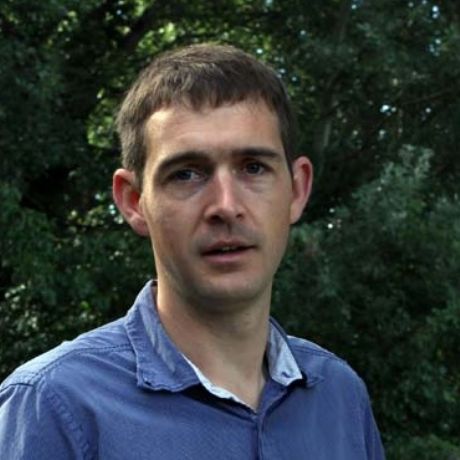
Dr Ed Hawkins, Lead Investigator
Dr Ed Hawkins is a climate scientist at the National Centre for Atmospheric Science at the University of Reading. His research focusses on modelling changes in the Earth’s climate system using sophisticated Global Climate Models (GCM).
In particular, he is interested in the uncertainty arising from our imperfect understanding of the Earth system and how this affects predictions and forecasts for future climatic change.
The processes governing Earth’s climate on the largest scales, such as global oceanic circulations and the emission of greenhouse gases into the atmosphere, are not yet perfectly understood. This means that a variety of scenarios have to be considered for future climatic change, and attempting to quantify and reduce uncertainty helps improve our forecasts and evaluate the risks we face.
Ed has contributed to the Intergovernmental Panel for Climate Change’s (IPCC) 5th assessment report and writes a blog about his research.
